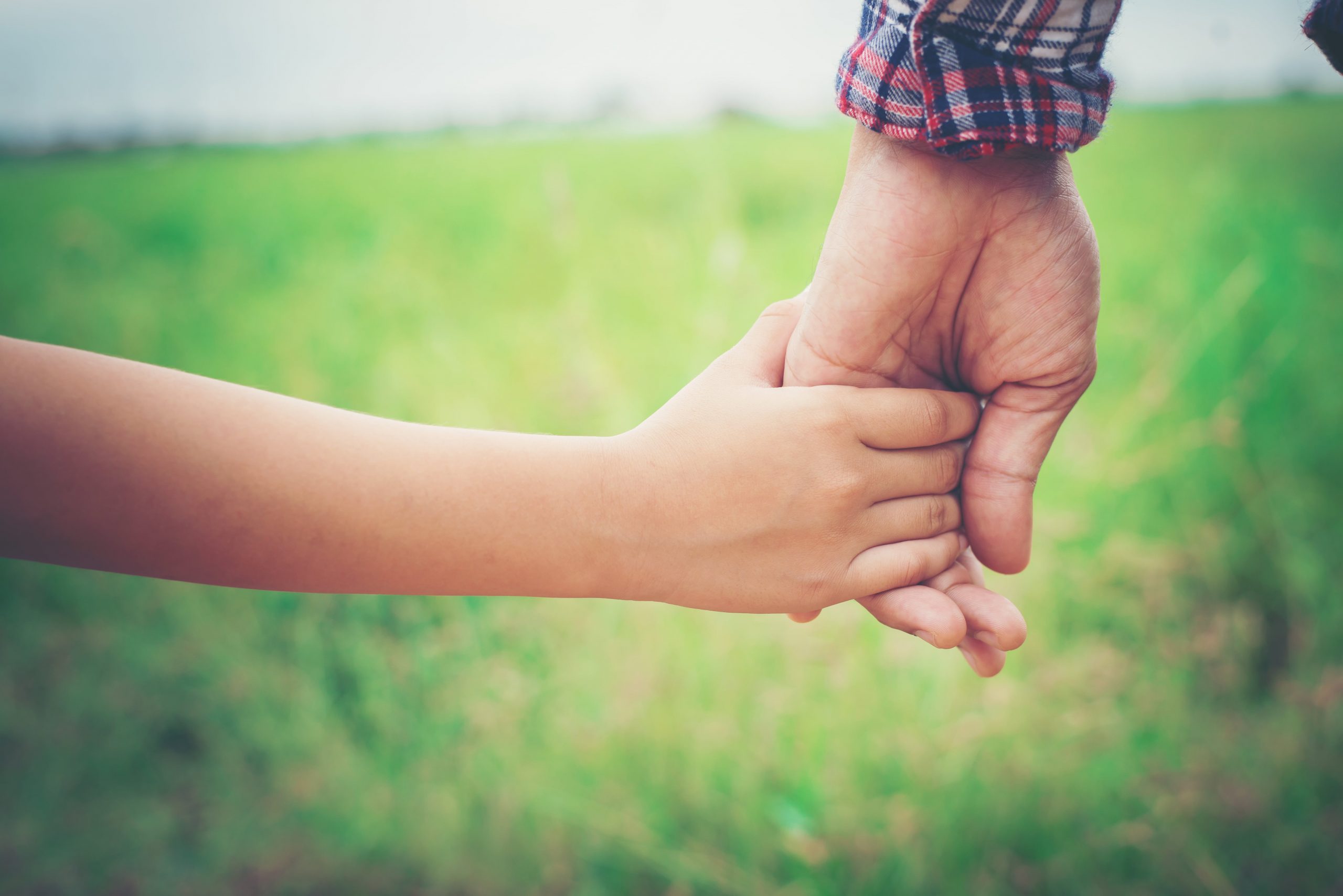Supporting a Family Member With Cancer
What are the steps to take when a family member is diagnosed with cancer?
A diagnosis of cancer can hit any family like a tsunami. More often than not, the search for a diagnosis to explain symptoms or illness is supposed to be a journey with an ending that provides answers and some degree of closure. But a diagnosis that ends with cancer usually throws up more questions and can create more confusion, pain, and anxiety.
While we appreciate that everyone’s diagnostic and treatment journeys are different, there are some ways in which family members can help a loved one deal with a difficult cancer diagnosis:
Supporting a family member with cancer: Education is key.
Learning and understanding as much as you can about cancer in question, the causes, symptoms, and possible treatments is important. Talk to your family doctor, your specialist, your genetic counselor if you have one or have seen one. Understanding all of the treatment options and working with medical professionals to select the best treatment plan for you or your family member is essential to disease management. 
Supporting a family member with cancer: support is key.
Connecting with others who have received a similar diagnosis or undergoing treatment for the same disease is also very important. They may be able to share recommendations for specialists, treatments, and coping mechanisms. They may have resources, both for disease management and for ways to help a family through a life-changing and difficult diagnosis that helped them. They must also be a shoulder to cry on or someone to grab a coffee with. Connecting with people and families that can relate to receiving a similar diagnosis is important.
Supporting a family member with cancer: understanding is key.
People handle a complicated diagnosis in different ways. For some, it is imperative that they are able to share and talk. For others, it is important that they are given time and space to process the news in their own way. Respecting the needs of the person who has received the diagnosis is crucial. Being open and asking them what they need: whether it is a helping hand, a sympathetic ear- is probably the best approach in what is a difficult situation.
Informing children about a cancer diagnosis within the family is probably one of the most challenging situations to handle. How each family handles this will invariably differ, and there is no right or wrong way. Be sensitive to the child you are communicating with and their relationship to the family member involved. Open communication and allowing time and room for questions from a concerned child will go a long way in helping everyone handle a difficult or rare disease diagnosis.
For more information about what to do when a family member receives a cancer diagnosis, visit the American Cancer Society.







